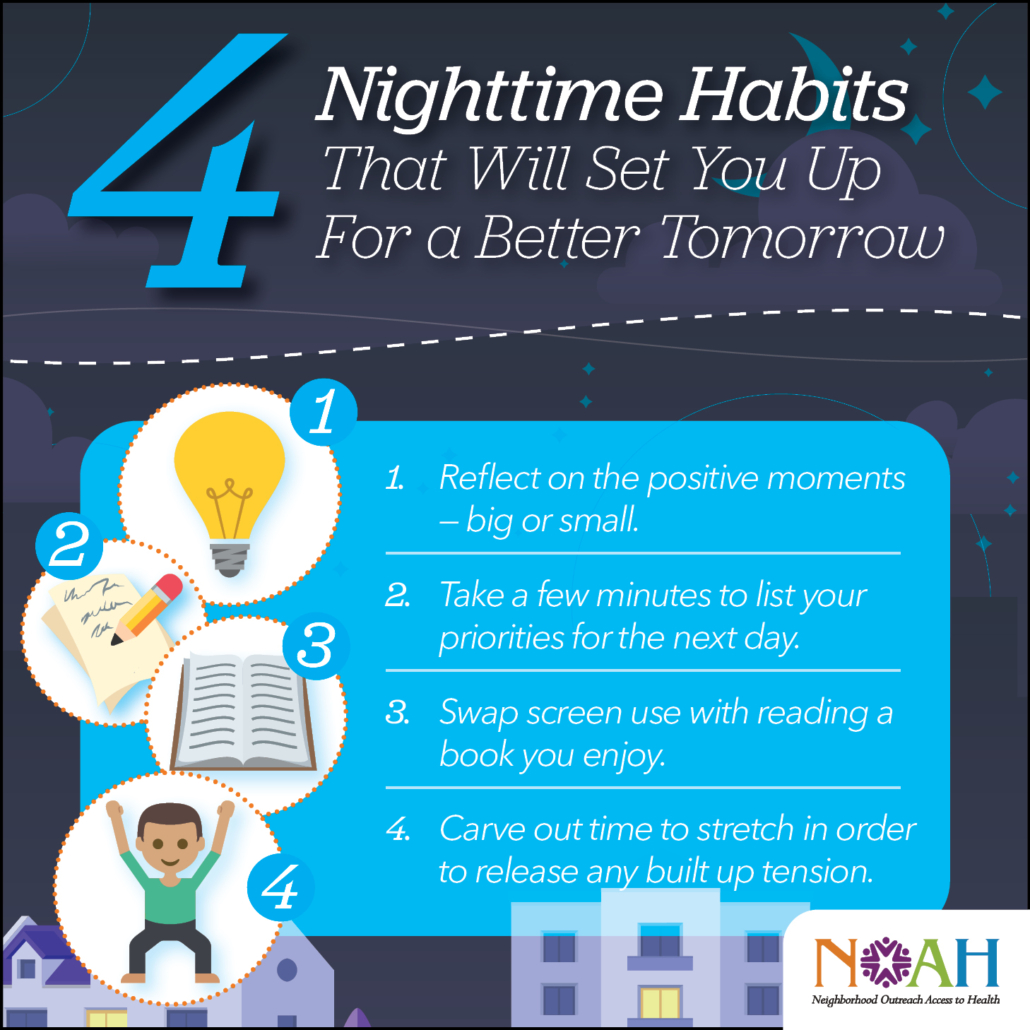How to Talk to Your Teen about Sensitive Topics
As our children grow into independent and curious teenagers, we as parents want to be a guiding light to help our children make smart and informed decisions. Sensitive topics such as intimacy, sexuality, consent, relationships, and substance use may be difficult or seem awkward.
Here are some tips to help facilitate productive and positive conversations:
- Create an Open and Safe Space for Communication.
Initiate conversations regularly with your teenager. What is their favorite musical artist? What is their favorite hobby? What does your teenager do for fun with friends? Getting to know your teen makes it easier to talk about anything. Starting this process early often has greater benefits.
- Give Them Privacy.
We have all been where we want to keep things to ourselves and have time and space alone. Our teens do too. Make sure to allow your teen enough privacy. You may still invite conversations and allow them space until they are ready to share.
- Listen More, Talk Less.
Allow your teen to fully finish what they are saying before you offer insights or responses. Practice active listening by giving your full attention. Teenagers are more likely to be open when they feel heard. Most of the time, teenagers are not seeking for you to “fix” their problem, they just want a trusted adult to listen. Avoid being critical, judgmental, or getting emotional.
- Share Your Own Experiences.
Don’t be afraid to share some of your own personal experiences with your teenager. Your teenager may see you as more relatable and understanding.
- Be Honest.
Your discussions about sensitive topics may give your teenager the foundation of their understanding on certain topics. If you don’t know the answer to something, seek additional expertise from a professional.
- Offer Support and Advice.
Don’t Lecture. Phrases such as “If I was in this situation, I would do….” or simply asking “May I offer some advice?” can help facilitate meaningful conversations.
Tackling difficult conversations with your teen is a sign of a healthy relationship. If you know what is going on in your teen’s life, you are better equipped to help. Engaging in these conversations gives you and your teen the opportunity to explore choices and practice important decision making.


